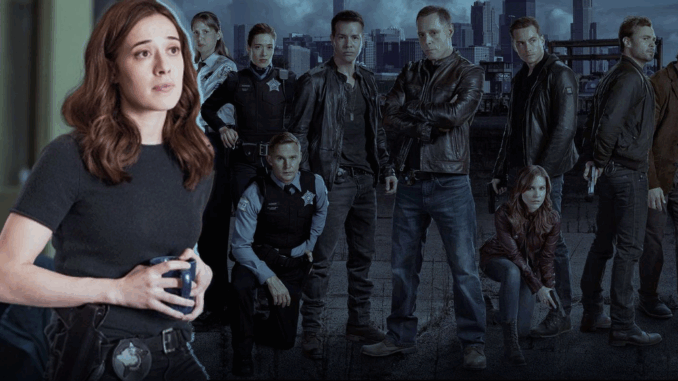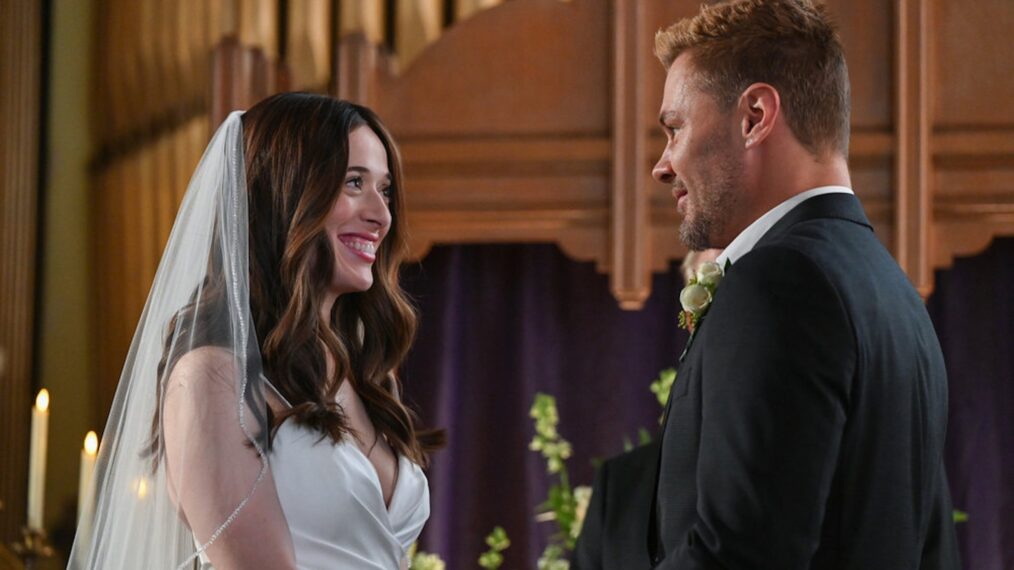
As the sirens of District 21 continue to blare, “Chicago PD” has roared back onto screens in 2025 with what many are calling its most intense and thought-provoking season to date. Moving beyond the typical procedural narrative, the latest installment delves deeper into the murky ethical waters that Detective Sergeant Hank Voight and his Intelligence Unit navigate daily, challenging viewers to confront the complex realities of street justice in a city perpetually on edge. This isn’t just about catching the bad guy anymore; it’s about the cost of doing so, both to the officers and the community they serve.
One of the most captivating elements of the current season is the heightened focus on internal investigations and the ever-present threat of police reform. The show has masterfully integrated real-world discussions about police accountability and systemic bias, creating narratives that feel incredibly timely and urgent. We’ve seen Voight and his team forced to adapt to stricter protocols and increased scrutiny, often blurring the lines between what is legal and what is truly just. The tension this creates, both within the unit and between the unit and external oversight bodies, has produced some of the most nail-biting episodes in the show’s history.
The character arcs, particularly for figures like Hailey Upton and Kevin Atwater, have reached new levels of complexity. Upton’s ongoing struggle with the moral ambiguities of her job and her often-conflicted loyalty to Voight has been a standout, showcasing the emotional toll of police work. Atwater, on the other hand, continues to be a crucial voice for community-oriented policing, often serving as the ethical compass for the unit. His storylines this season have been particularly poignant, exploring the challenges of building trust in communities that have historically been disenfranchised by law enforcement. These personal journeys add a profound layer of humanity to the gritty crime-fighting.
Furthermore, “Chicago PD” has elevated its storytelling by tackling contemporary societal issues head-on. Recent cases have explored the proliferation of online crime, the challenges of prosecuting sophisticated cybercriminals, and the tragic consequences of gang violence fueled by poverty and desperation. The show doesn’t just present these problems; it examines their roots, forcing viewers to consider the broader social fabric that contributes to criminal activity. This intelligent approach makes the series more than just a crime drama; it’s a commentary on the state of urban America.
The action sequences remain as visceral and thrilling as ever, with high-stakes car chases, tense standoffs, and intricate undercover operations keeping audiences on the edge of their seats. However, what truly distinguishes “Chicago PD” in its current iteration is its willingness to pause after the adrenaline rush and explore the aftermath—the trauma, the moral compromises, and the lingering questions. It acknowledges that violence has consequences and that justice, particularly in the streets of Chicago, is rarely clean-cut.

As we anticipate the remainder of the season, there’s a sense that “Chicago PD” is building towards a pivotal moment for Intelligence, one that could redefine their methods and their very place within the Chicago Police Department. The series continues to prove that even after years on air, it can innovate, surprise, and most importantly, provoke meaningful thought about the incredibly challenging and often thankless job of policing. For fans craving raw, unflinching drama that holds a mirror up to society, “Chicago PD” in 2025 is an absolute must-watch.